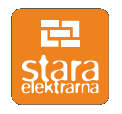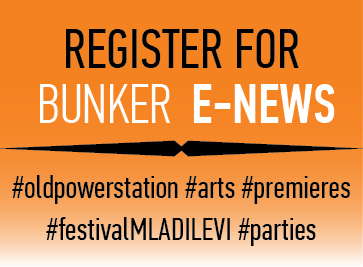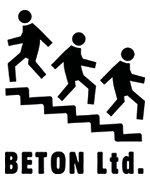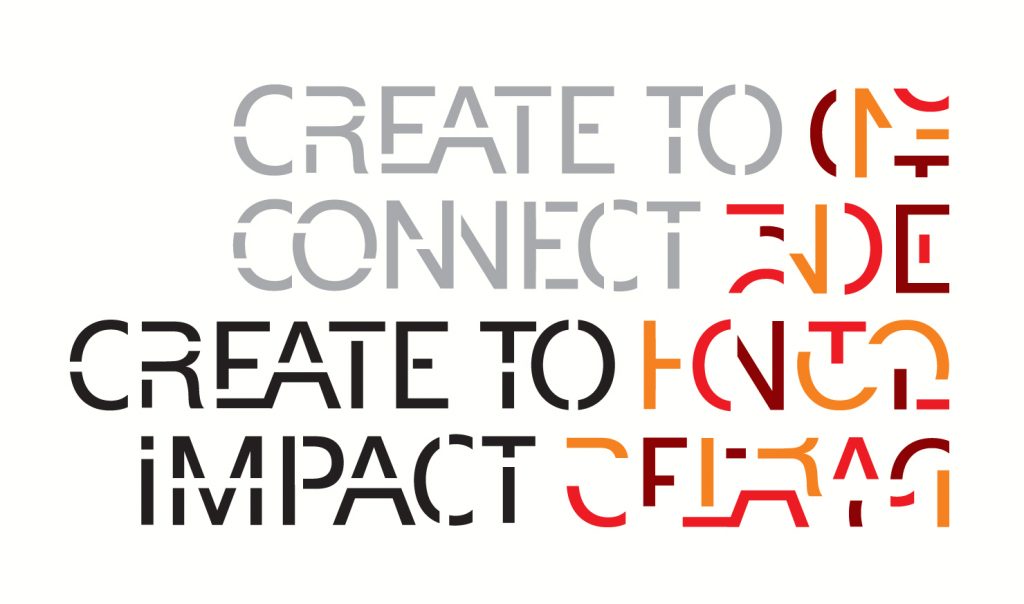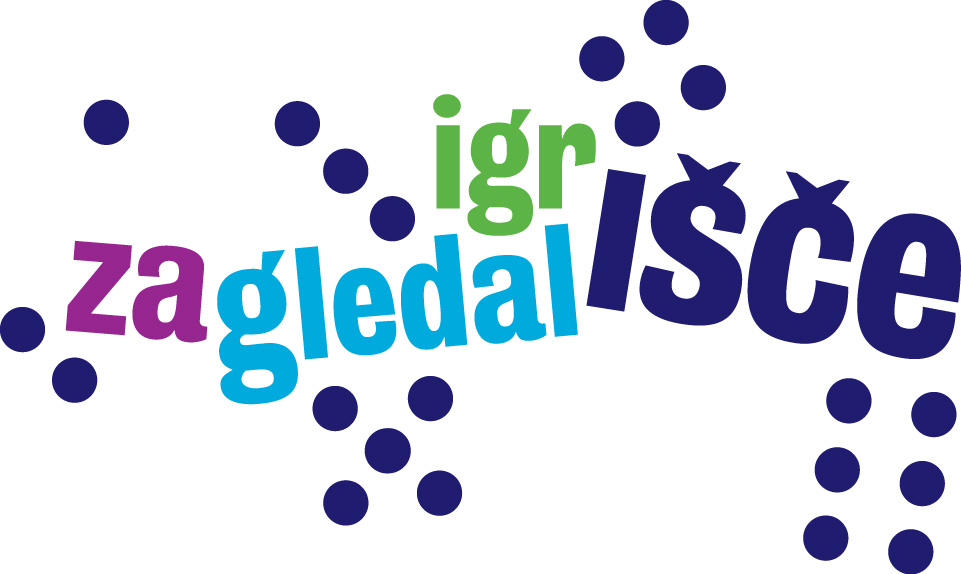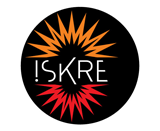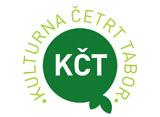May Day School 2015: HOW TO THINK FASCISM TODAY?
 Ever since the rise of Italian Fascism and German Nazism in the first half of the 20th century and up to this day, fascism has stood for one of the crucial signifiers in the vocabulary of leftist (especially socialist) theoretical and political projects. The term was widely used in the first part of the 20th century to indicate the political regimes in Italy and Germany or to designate regimes or movements that would in one way or another imitate German Nazism or Italian Fascism. It was used within the political arena to expose political opponents. Perhaps this is why the word fascism was subject to such rapid inflation. The concept of fascism was subsequently bereft of a great part of its analytical value due to its reduction to a relatively abstract concept, capable of embracing an infinite number of political subjects and phenomena, whereas its negative connotation gave rise to emotional reactions instead of triggering a mature reflective process of these subjects.
Ever since the rise of Italian Fascism and German Nazism in the first half of the 20th century and up to this day, fascism has stood for one of the crucial signifiers in the vocabulary of leftist (especially socialist) theoretical and political projects. The term was widely used in the first part of the 20th century to indicate the political regimes in Italy and Germany or to designate regimes or movements that would in one way or another imitate German Nazism or Italian Fascism. It was used within the political arena to expose political opponents. Perhaps this is why the word fascism was subject to such rapid inflation. The concept of fascism was subsequently bereft of a great part of its analytical value due to its reduction to a relatively abstract concept, capable of embracing an infinite number of political subjects and phenomena, whereas its negative connotation gave rise to emotional reactions instead of triggering a mature reflective process of these subjects.
Are the present-day pitfalls of fascism to be sought in political regimes, parties and movements that draw inspiration from historical fascism and tend to display utmost similarity with the latter in terms of their symbolic characteristics and rhetoric, or should we rather seek these pitfalls as they lurk in structural tendencies, contradictions and antagonisms residing within the contemporary capitalist society?
Lecturers, panellists: Ishay Landa, Donny Gluckstein, Sami Khatib, Lev Kreft, Christine Achinger, Anže Dolinar, Martin Hergouth, Tibor Rutar, Dragan Nikčević, Jana Tsoneva, Tjaša Pureber, Boštjan Remic, Sašo Slaček, Aleš Mendiževec, Izidor Barši, Miha Andrič, Jernej Kaluža, Anže Okorn and others
Organisation: Institute for Labour Studies
More information: www.delavske-studije.si

